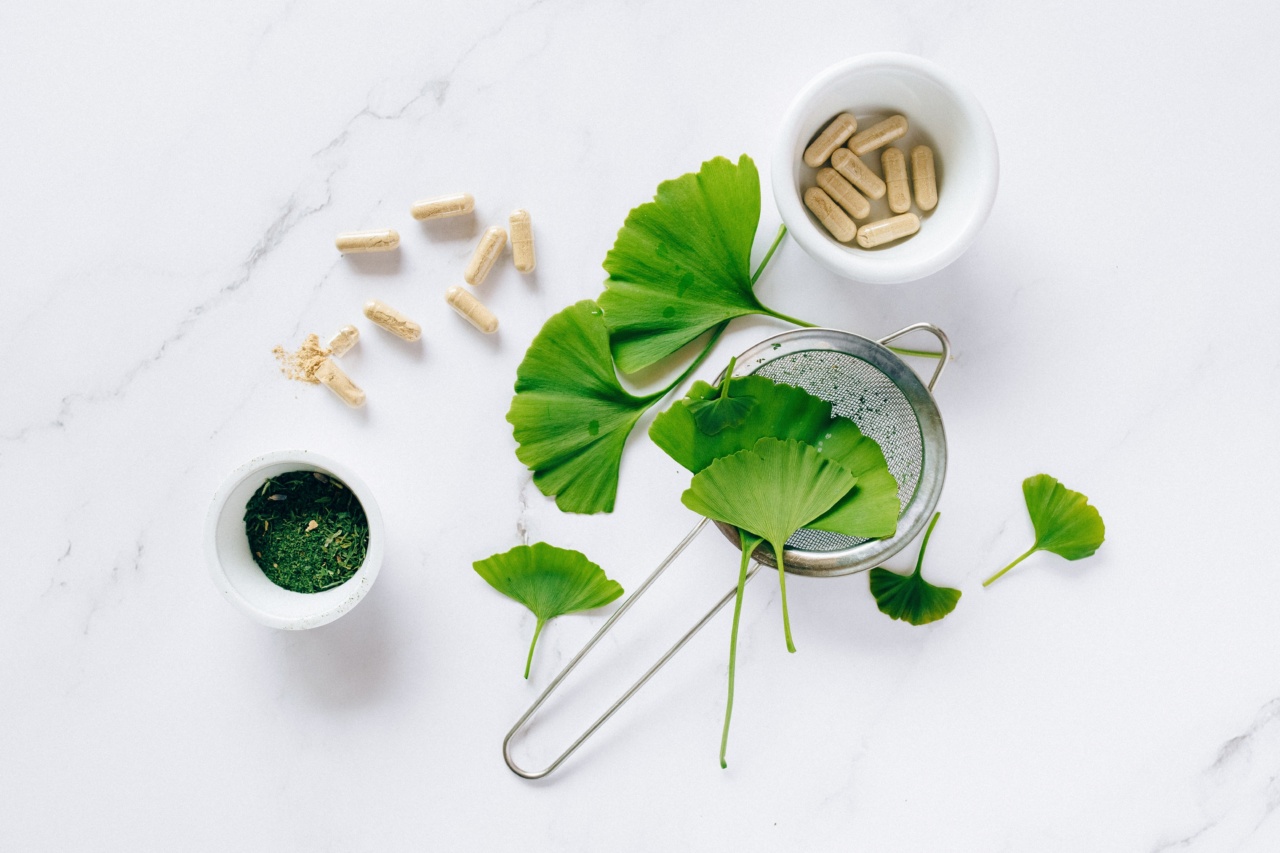Vitamins and antioxidants are essential for maintaining optimal health and preventing various diseases. They support the proper functioning of our body and play a crucial role in different biological processes.
While it is possible to obtain these nutrients by consuming a balanced diet, sometimes it can be challenging to get all the necessary vitamins and antioxidants in the required amounts. In this article, we will discuss the essential vitamins and antioxidants and their benefits for overall well-being.
Vitamin A
Vitamin A is a fat-soluble vitamin that plays a vital role in maintaining healthy vision, supporting the immune system, and promoting cell growth and development. It is found in foods such as carrots, sweet potatoes, spinach, and eggs.
Vitamin B
The B-vitamins are a group of water-soluble vitamins that play a crucial role in energy production, brain function, and the metabolism of fats, proteins, and carbohydrates.
They include vitamins B1 (thiamine), B2 (riboflavin), B3 (niacin), B5 (pantothenic acid), B6 (pyridoxine), B7 (biotin), B9 (folate), and B12 (cobalamin). These vitamins can be found in foods like whole grains, legumes, nuts, and animal products.
Vitamin C
Vitamin C is a water-soluble vitamin that acts as a powerful antioxidant, protecting the body against free radicals and supporting the immune system. It also plays a vital role in collagen synthesis, wound healing, and iron absorption.
Citrus fruits, berries, kiwi, and peppers are excellent sources of vitamin C.
Vitamin D
Vitamin D is a unique vitamin that can be obtained through sun exposure and dietary sources. It supports the absorption of calcium and phosphorus, crucial for maintaining healthy bones and teeth.
Additionally, vitamin D plays a role in regulating immune function and cell growth. Fatty fish, fortified dairy products, and egg yolks are good sources of vitamin D.
Vitamin E
Vitamin E is a fat-soluble vitamin and powerful antioxidant that protects cells from damage caused by free radicals. It also supports immune function and helps widen blood vessels to prevent blood clotting.
Foods rich in vitamin E include nuts, seeds, vegetable oils, and leafy greens.
Vitamin K
Vitamin K is essential for blood clotting and ensuring proper bone health. It also aids in the transportation of calcium throughout the body. Leafy green vegetables, broccoli, and vegetable oils are excellent sources of vitamin K.
Antioxidants
Antioxidants are compounds that help prevent or slow down damage to cells caused by harmful molecules called free radicals. These molecules can contribute to various diseases, including cancer, heart disease, and aging.
Antioxidants neutralize free radicals, reducing their harmful effects on the body. Some well-known antioxidants include vitamin C, vitamin E, selenium, beta-carotene, and lycopene. Colorful fruits and vegetables, nuts, seeds, and green tea are excellent sources of antioxidants.
The Benefits of Essential Vitamins and Antioxidants
Consuming adequate amounts of essential vitamins and antioxidants has numerous benefits for our overall health and well-being. These nutrients are involved in various biological processes and help support the optimal functioning of our body systems.
Some benefits include:.
Improved Immune System
Many vitamins and antioxidants play a crucial role in supporting a healthy immune system. Vitamin C, for example, helps stimulate the production of white blood cells, which are essential for fighting off infections.
Vitamin D also plays a role in immune function and has been linked to reduced susceptibility to respiratory tract infections. Antioxidants, such as vitamin E and selenium, help protect immune cells from damage, allowing them to function properly.
Enhanced Heart Health
Several vitamins and antioxidants contribute to maintaining a healthy heart. Vitamin B3, also known as niacin, helps raise the levels of good cholesterol (HDL) while lowering bad cholesterol (LDL) and triglycerides.
Vitamin E acts as a potent antioxidant, helping reduce the risk of oxidative damage to blood vessels. Antioxidants like lycopene, found in tomatoes, have been associated with a decreased risk of heart disease.
Support for Brain Function
Certain vitamins, especially the B-vitamins, play a crucial role in brain health and function.
Vitamin B6, B9 (folate), and B12 are involved in the production of neurotransmitters, such as serotonin and dopamine, which regulate mood and cognitive function. Antioxidants, such as vitamin E and flavonoids, exhibit neuroprotective effects, reducing age-related cognitive decline and promoting brain health.
Healthy Skin and Aging
Vitamins and antioxidants are essential for maintaining healthy skin and slowing down the aging process. Vitamin C plays a vital role in collagen synthesis, which helps keep the skin firm and youthful.
Vitamin E protects the skin from oxidative damage caused by UV radiation and environmental factors. Other antioxidants, like beta-carotene and astaxanthin, help reduce inflammation and protect the skin from damage caused by free radicals.
Strengthened Bone Health
Vitamins D and K are vital for maintaining healthy bones and preventing conditions like osteoporosis.
Vitamin D promotes calcium absorption, while vitamin K ensures the proper transportation of calcium throughout the body, reducing the risk of calcium deposition in arteries and promoting bone mineralization.
Conclusion
Essential vitamins and antioxidants are crucial for maintaining optimal health and well-being. While it is best to obtain these nutrients through a balanced diet, supplementation may be necessary in some cases.
Adequate intake of vitamins A, B, C, D, E, K, and various antioxidants can support immune function, heart health, brain function, skin health, and bone health. Consult with a healthcare professional to determine the appropriate intake of these nutrients based on individual needs.






























